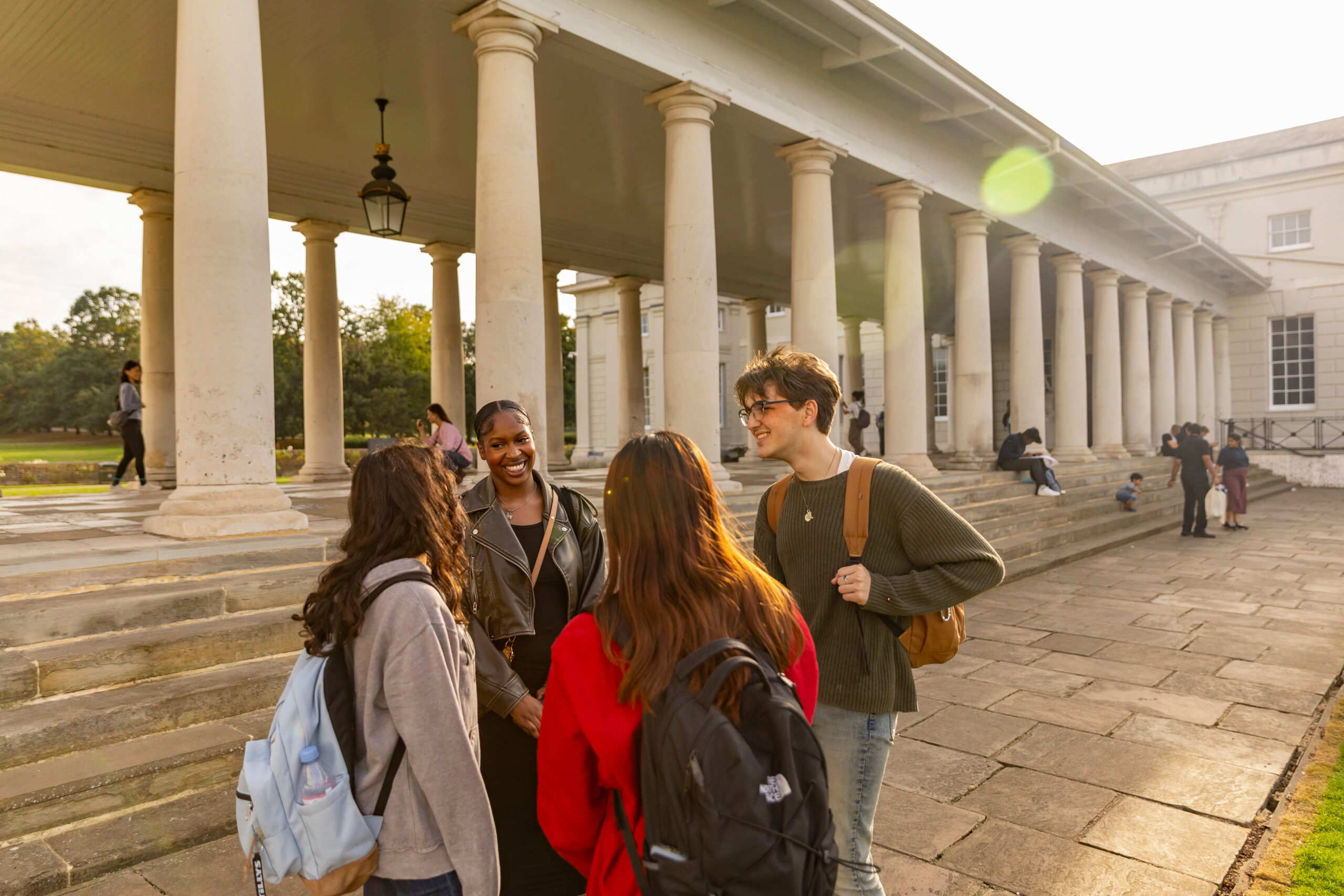What was the project?
The Mapping Black London project brings together faculty and students to recover and recentre the presence of people of colour across the city’s long history. They partnered with The London Archives on their exhibition Unforgotten Lives. Students took the lead conducting archival research and building interactive digital exhibits for visitors to explore.
What was involved?
Two Northeastern University students – one a PhD student from the Boston campus and one an undergraduate student from Northeastern University London – worked as research assistants to individually build life stories of Black people living in London between 1560-1840. They picked out key fragments of evidence of places of origin, locations they traversed, their occupations, and their experiences. Students also helped install the exhibition together with their supervisors – Dr Olly Ayers at Northeastern University London and Dr Nicole Aljoe at Northeastern University’s Boston campus – and staff from the London Archives.
How did students learn?
They learned how to assess the provenance of primary and secondary source materials. They also learned the importance of interacting with professionals across various archives, and how this shapes one’s research journey.
Key benefits for students:
- providing a hands-on learning experience
- taking students out of their comfort zone, as beforehand they weren’t too familiar with the research that goes on in an archive
- engaging students in dialogues with a range of people, from archivists and members of the public to those working on the curatorial side of the exhibition
- showing students that learning doesn’t just take place in the classroom, but that in place-based projects like Mapping Black London and Unforgotten Lives, where the city itself becomes the classroom
- allowing for a dynamism between the teacher and the student, and prompted meaningful engagements with material
Student perspective
Tiffany Cruz, a PhD student at Northeastern University’s Boston campus who works remotely on the project had this to say:
“The experimental framework of MBL encourages deeper exploration and creative engagement with topics that contribute to uncovering Black histories. As a research assistant for the Mapping Mary Prince and Arts in London exhibits, I utilised diverse research methods that allowed me to immerse myself further in these stories.”
Amouraé Bhola-Chin, a final year history with creative writing degree student at Northeastern University London said:
“Seeing the material go up was an amazing experience. Truly. The research and time I and the other undergraduate research assistants spent in archives materialised before our eyes at that point. The people became tangible. I reflected on the theme of exploring one’s heritage in the archives in the poem I was commissioned to write for the exhibit for two purposes. Namely because the overall research process helped me to see and hear the stories of individuals who, for various reasons, remained unheard.”
External partner perspective
Claire Titley, Archivist (Engagement & Volunteers) who was a key contact in the creation of the Unforgotten Lives exhibition had this to say following the closing of the exhibit:
“It’s been a valuable opportunity to reach people who have perhaps never heard of The London Archives and to display material from the archives in places where you wouldn’t necessarily expect to find them. … I particularly love the idea that people might stumble across these amazing stories and want to find out more as a result.”


